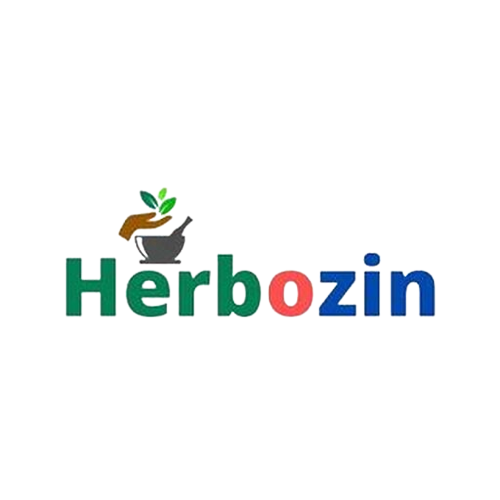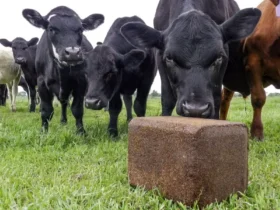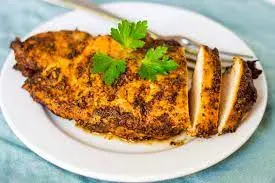The recovery process after a tooth extraction is crucial to ensure proper healing and minimize complications. Arises during this time is how long one should wait before eating after a tooth extraction.
Whether you have recently undergone a tooth extraction or are planning to have one in the near future, read on to learn more about the post-extraction eating timeline.
Importance
Instructions is of utmost importance to promote a speedy recovery and prevent any potential complications. Your dentist or oral surgeon will provide you with specific guidelines tailored to your situation, but there are some general instructions that apply to most cases.
It is crucial to resist the temptation to eat or drink anything for at least the first hour after the extraction to allow the blood clot to form and the wound to begin healing. It is recommended to stick to a soft or liquid diet for the first 24 to 48 hours.
Avoid hot and spicy foods, as well as any small and sharp foods that can get stuck in the extraction site. Strictly follow the prescribed pain medication and oral hygiene routine to minimize discomfort and reduce the risk of infection.
The healing process after a tooth extraction
The healing process after a tooth extraction is a fascinating journey that your body embarks upon to restore the area where the tooth once was. After the initial blood clot forms, the next stage is regeneration.
It is important to note that everyone’s healing process may vary based on several factors, including age, overall health, and the complexity of the extraction. Your dentist or oral surgeon will monitor your progress during follow-up appointments and provide personalized instructions.
Factors
While the general healing time after a tooth extraction is a few weeks, it is important to understand that the specific timeline for when you can resume your regular eating habits may vary. Several factors influence how quickly you can reintroduce solid foods into your diet.
1. Type of extraction:
The complexity of the tooth extraction procedure can impact your healing process. If it was a simple extraction with minimal trauma, you may be able to eat solid foods sooner than if it was a more complex extraction, such as a surgical extraction or the removal of impacted teeth.
2. Healing progress:
Your body’s ability to heal will also play a role in determining when you can eat after a tooth extraction. Every individual’s healing process is different, so closely follow your dentist’s instructions and attend the recommended follow-up appointments to monitor your progress.
3. Overall health:
Your overall health and immune system function can affect how quickly your body heals. If you have any underlying health conditions, such as diabetes or compromised immune system, it may take longer for your healing process to complete.
Recommended diet after a tooth extraction
After a tooth extraction, it is essential to follow a recommended diet to promote a smooth recovery. During the healing process, there are certain types of foods that should be avoided to prevent any complications or interfere with the healing process.
First, it is best to avoid foods that are hot in temperature, as these can irritate the extraction site and cause unnecessary discomfort. Opt for lukewarm or cool foods instead.
Second, avoid hard and crunchy foods such as chips, nuts, and popcorn. These can be abrasive and may dislodge the blood clot that forms at the extraction site, which can result in a condition called dry socket.
Lastly, it is important to avoid sticky and chewy foods, like caramel or chewing gum. These can get stuck in the extraction site and impede the healing process.
Opt for soft and easy-to-chew foods, such as soups, yogurt, mashed potatoes, and smoothies. These will provide the necessary nutrients while minimizing any irritation to the extraction site.
Every individual’s healing process is unique, so it is crucial to consult with your dentist for specific dietary recommendations based on your condition.
Gradually reintroducing solid foods into your diet
Once the initial healing process has passed, you can start to gradually reintroduce solid foods back into your diet. It is important to do this slowly and listen to your body to avoid any discomfort or complications.
Start by incorporating soft, easily chewable foods like cooked vegetables, pasta, and soft fruits. These foods are gentle on the extraction site and will help you transition back to a normal diet.
As you progress, you can start introducing more challenging foods like lean meats and whole grains. However, be cautious with tough meats or foods that require excessive chewing, as they may still be uncomfortable or difficult to eat.
Remember to continue avoiding hot foods and beverages, as they can still irritate the extraction site. Stick to lukewarm or cool temperature foods to ensure a smooth recovery.
Final thoughts
It is crucial to take extra care of your oral health and overall well-being. Here are a few final thoughts and considerations to keep in mind as you navigate the post-extraction period:
1. Follow your dentist’s aftercare instructions:
Your dentist or oral surgeon will provide specific guidelines for your recovery. Make sure to follow them diligently to promote healing and minimize the risk of complications.
2. Maintain good oral hygiene:
Despite the extraction site, it is still important to maintain good oral hygiene. Continue to brush your teeth gently twice a day and rinse with a diluted mouthwash to keep the area clean and prevent infection.
3. Avoid smoking and alcohol consumption:
Smoking and alcohol can hinder the healing process and increase the risk of complications. It is advisable to refrain from these activities until your dentist gives you the green light.
4. Stay hydrated:
Drink plenty of water throughout the day to keep your body hydrated and promote healing.
5. Be patient:
Remember that each person’s recovery time may vary. Depending on the complexity of the extraction and your overall health, it may take a few weeks for the extraction site to fully heal. Be patient and allow your body the time it needs to recover fully.









Hello!! My name is Jeanine
I love to eat, travel, and eat some more! I am married to the man of my dreams and have a beautiful little girl whose smiles can brighten anyone’s day!